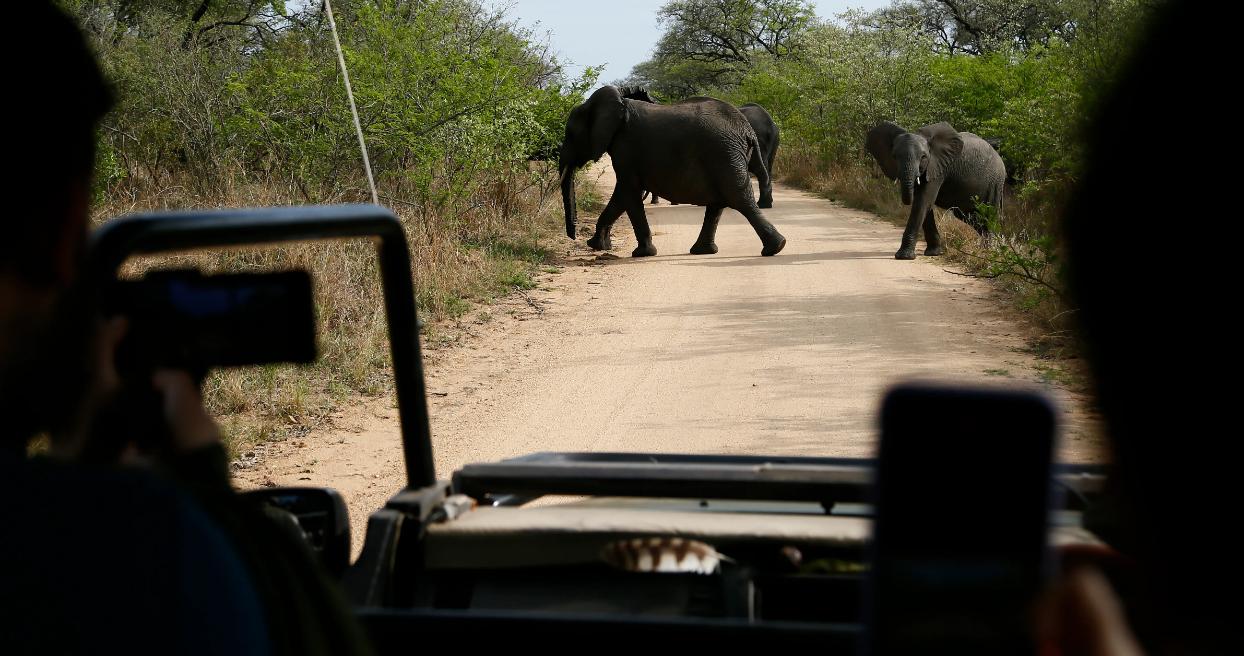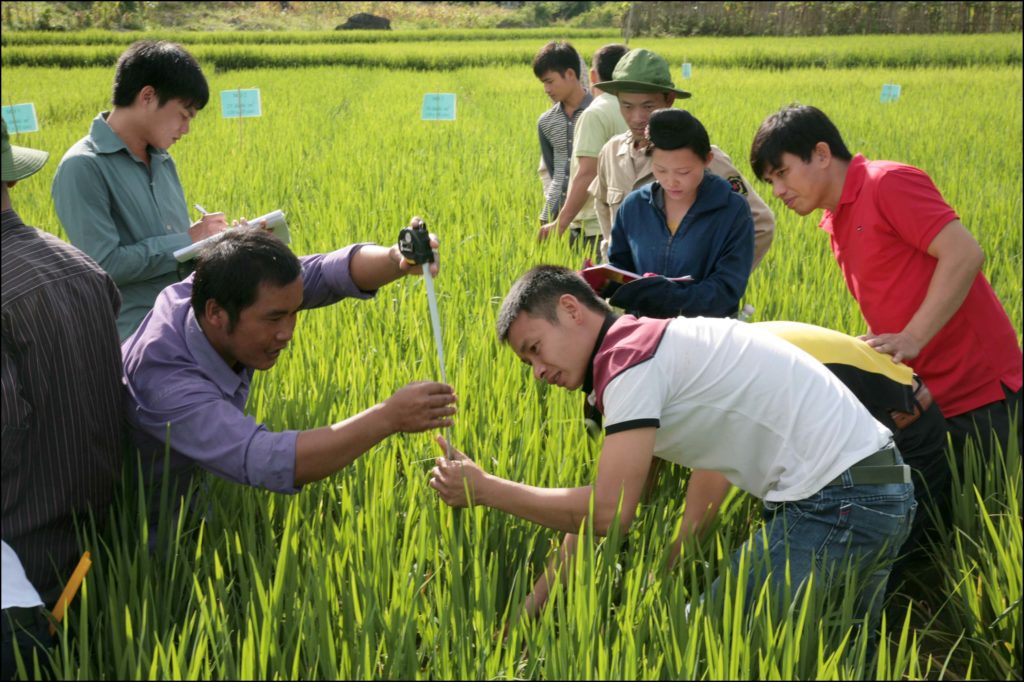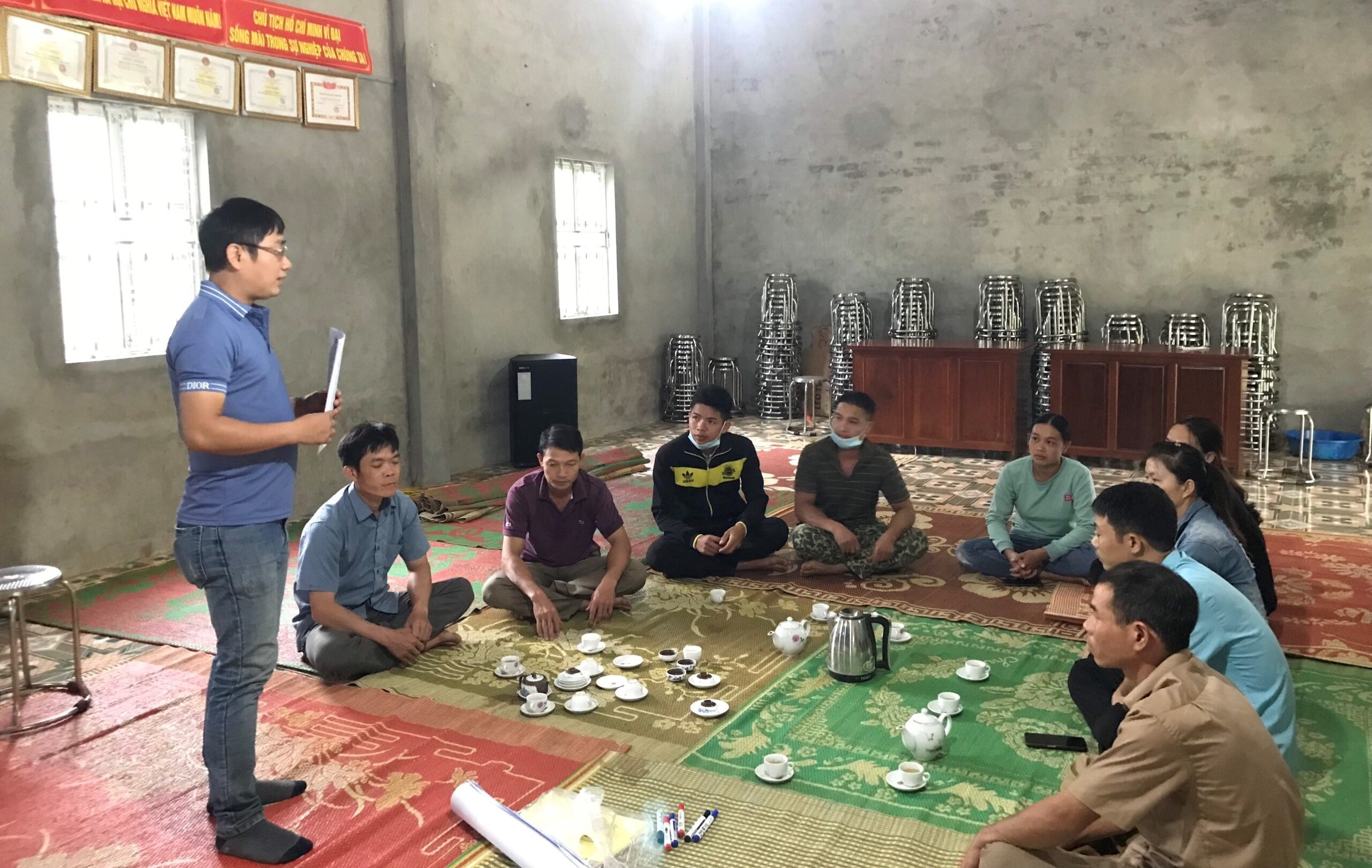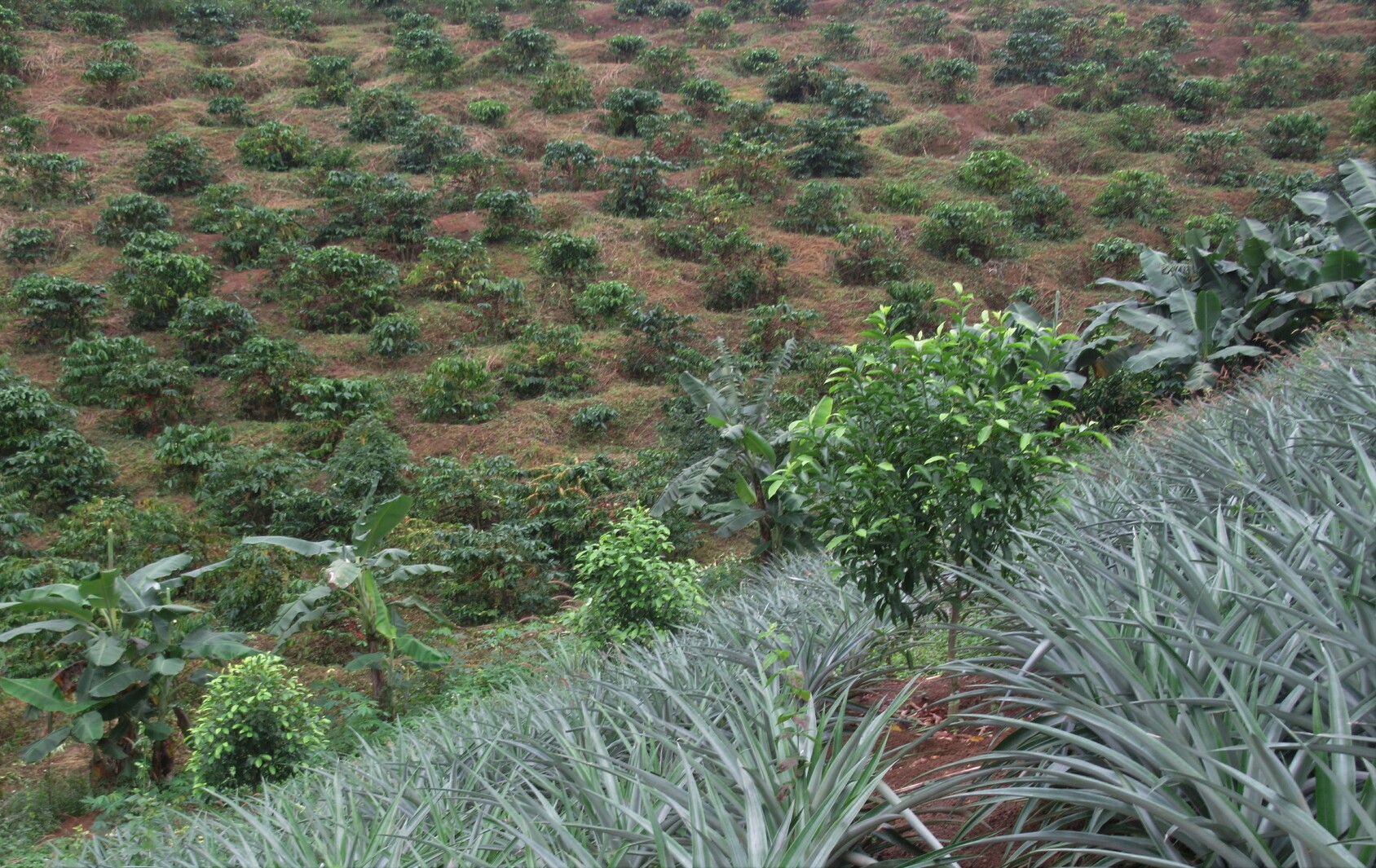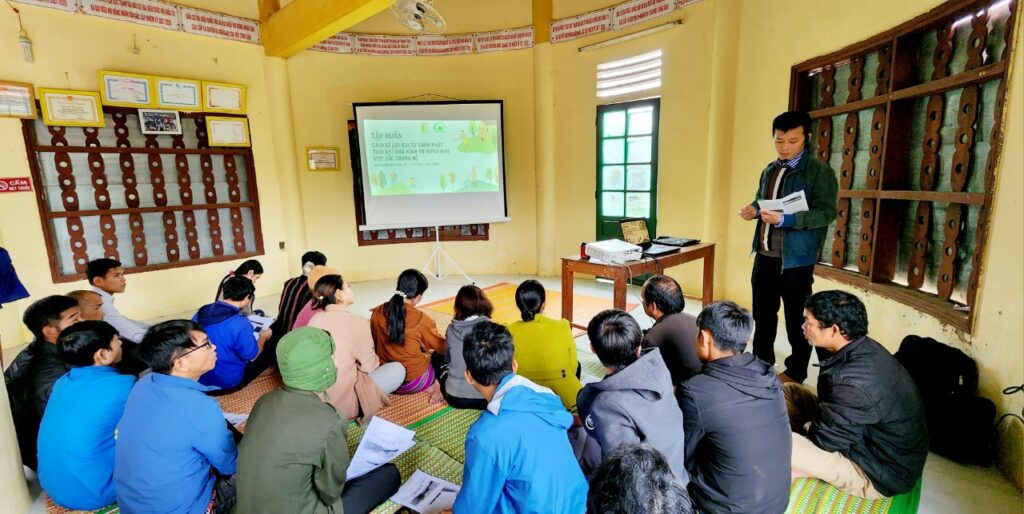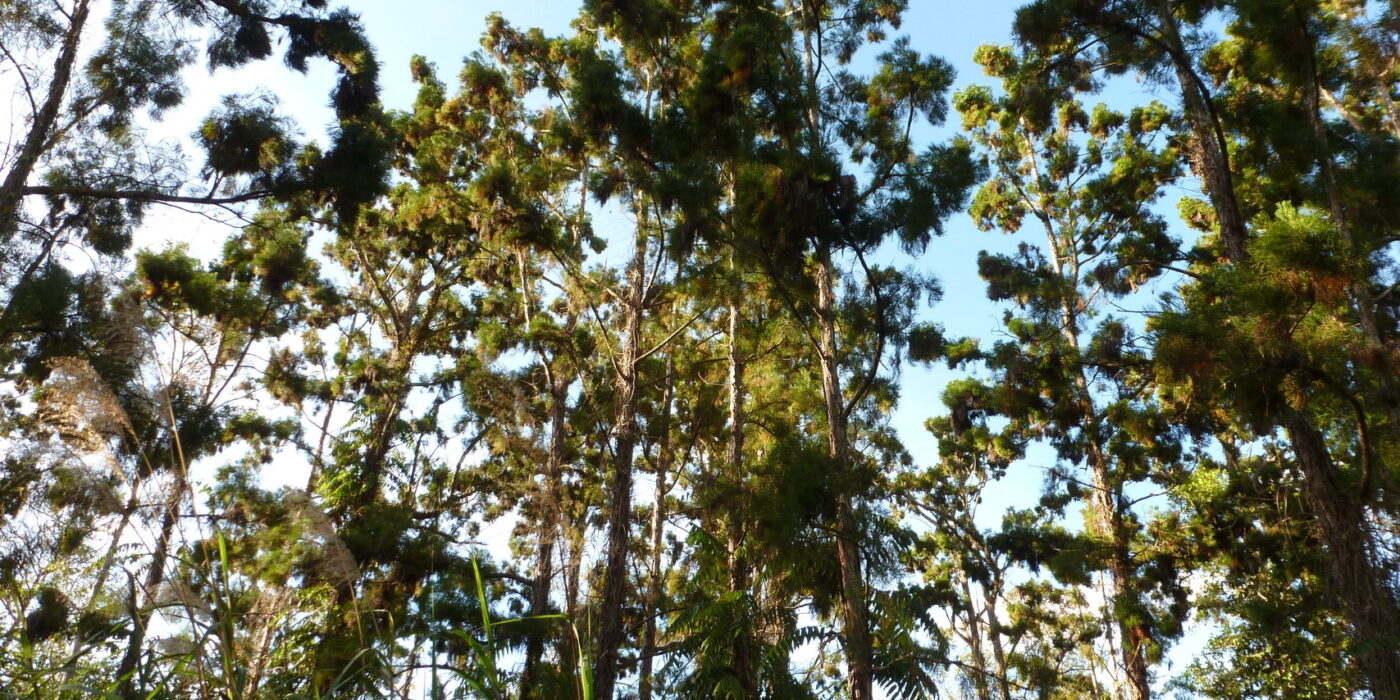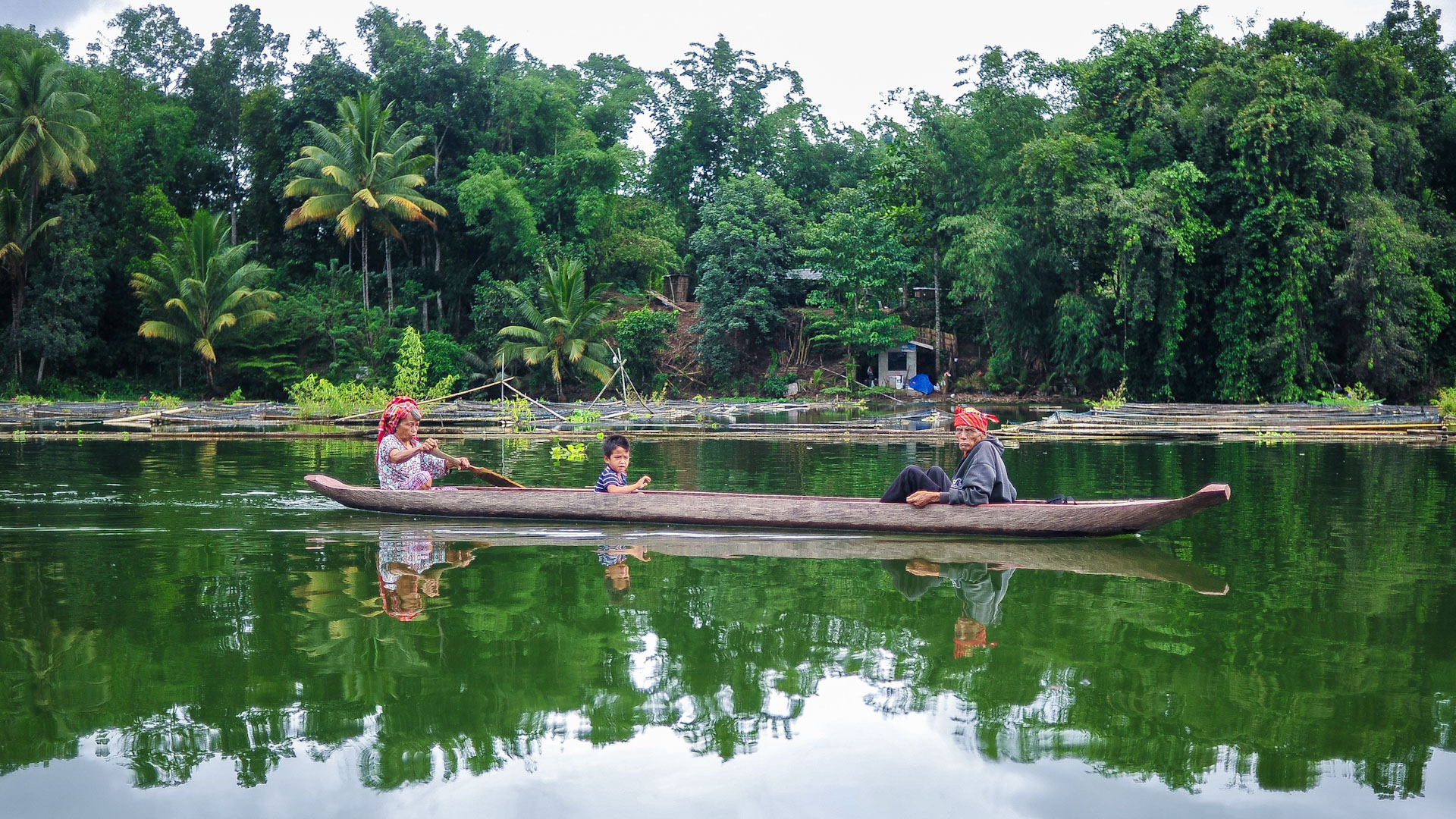With support from the Region Mekong Land Governance Project, since 2021, PanNature has piloted agroforestry livelihood models to improve the lives of local people. Accordingly, the agroforestry model has been piloted by 5 households in Tul Village and 6 households in Hang Nam Village to improve the local livelihood through effective farming. Cultivation land in both villages is significant on sloping land, which is being degraded with erosion of topsoil on rainy days. Agroforestry is seen as an important measure to help conserve the topsoil while improving local livelihood, reduce the risk of losing their allocated forests due to inefficient use, and contribute to securing the allocated rights.



